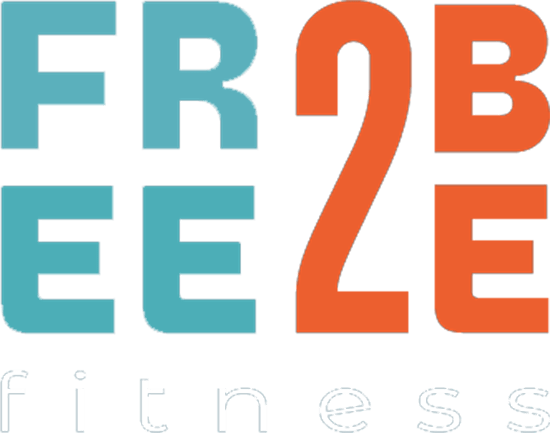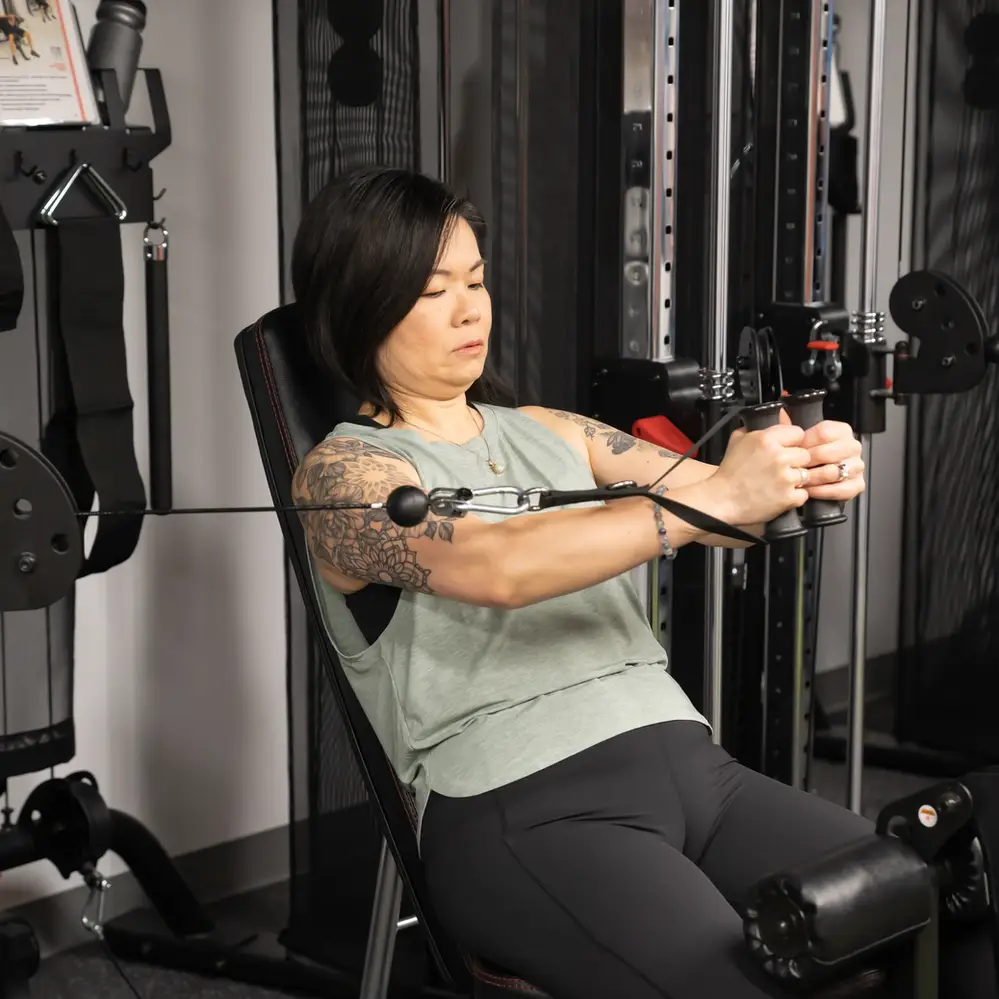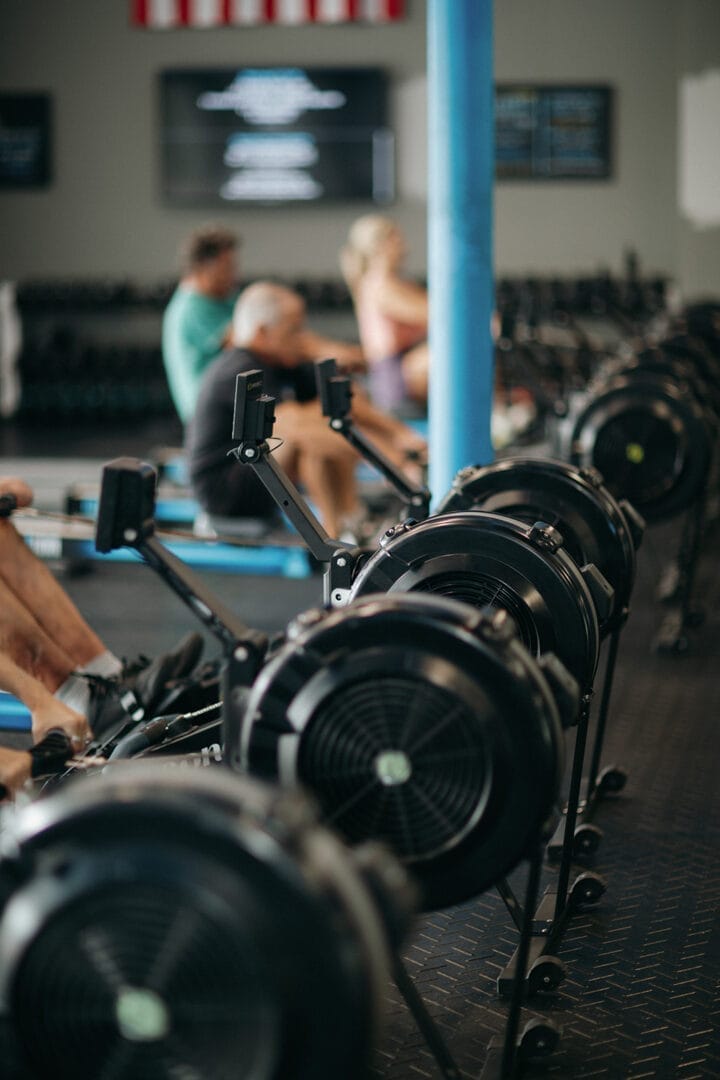Middle age is a time of juggling various responsibilities – work, children, aging parents, and the ever-present balancing act of managing relationships and stress. And then, just when you thought you had enough on your plate….enter MENOPAUSE.
Marked by hormonal shifts, hot flashes, and mood swings, menopause can take a toll on a women’s life and overall sense of well being.
The Menopausal Challenges:
Muscle Loss: As women enter menopause, they may experience a decline in muscle mass and strength. This can lead to a loss of mobility and vitality, making everyday tasks more challenging.
Bone Health: Menopause can accelerate bone loss, increasing the risk of osteoporosis and fractures. This can be a major concern for women.
Weight Gain: Hormonal changes often lead to an increase in belly fat, which can be both frustrating and detrimental to overall health.
Mood Swings and Stress: Hormonal fluctuations can wreak havoc on a woman’s emotional well-being. Stress, anxiety, and mood swings become frequent visitors during menopause.
The Solution: Strength Training
Strength training isn’t just for bodybuilders or athletes; it’s for everyone, especially women going through menopause. Here’s how it can tackle the challenges head-on:
Muscle Preservation and Growth: Strength training exercises such as weightlifting and resistance training help preserve existing muscle and even promote muscle growth. This means more strength, better posture, and enhanced physical capabilities.
Improved Bone Density: Weight-bearing exercises like squats, deadlifts, and lunges stimulate bone growth, which is essential for maintaining bone density and reducing the risk of osteoporosis.
Metabolism Boost: Strength training revs up your metabolism, helping to counteract the menopausal weight gain by burning calories even at rest.
Stress Reduction: Regular strength training releases endorphins, those feel-good hormones, which can help combat mood swings and stress. It’s like therapy for your mind and body!
Many women may be hesitant to start strength training during menopause, but n it’s important to remember that it’s NEVER too late to begin. Even if you’ve never lifted weights before, starting with small weights or body weight exercises can have significant benefits. Working with a personal trainer or joining a group fitness class can also help you stay motivated and ensure proper form to prevent injury.
It’s also important to note that strength training doesn’t have to involve heavy lifting or hours in the gym. Simple exercises like squats, lunges, and push-ups can be done at home with minimal equipment. Resistance bands and dumbbells can also be used for a more challenging workout.
In addition to strength training, it’s important to incorporate other forms of exercise into your routine. Cardiovascular exercise, such as walking, running, or cycling, can help improve heart health and overall fitness. Flexibility exercises, such as yoga or stretching, can help improve mobility and reduce the risk of injury.

Overall, strength training is a crucial component of a healthy lifestyle during menopause. It can help protect bone health, reduce the risk of chronic disease, improve mood and cognitive function, and alleviate symptoms like hot flashes and night sweats. By making strength training a priority, women can maintain their physical and emotional health during this important phase of life.
Looking for help to get started with strength training? Visit our web site at www.free2bewellness.com or email me at buket@free2bewellness.com for our “Top 10 Tips For Incorporating Strength Into Your Workout Routine”


